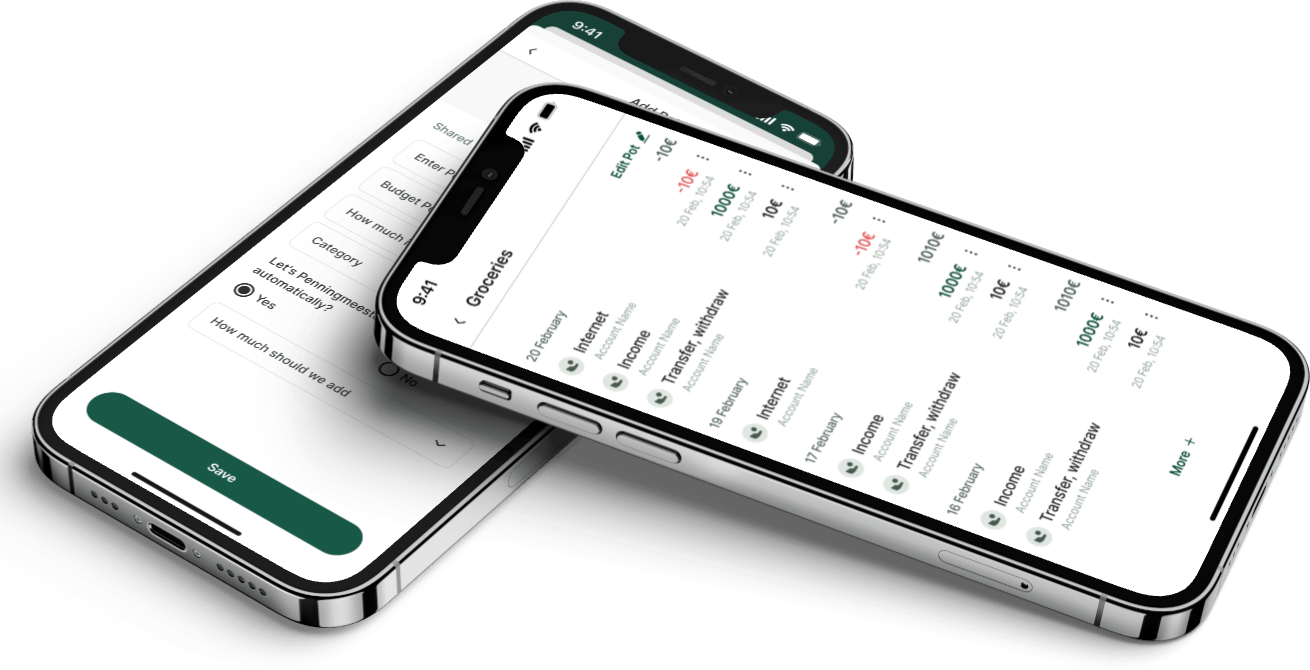Not all budgets are built the same. Some people thrive with a strict, predictable structure, while others need flexibility to adapt to the ups and downs of real life. That is where the conversation of fixed vs flexible budget comes in. Understanding the difference between these two budgeting styles helps you decide which one aligns best with your lifestyle, income, and goals.
Think of budgeting as a personal tool, not a one-size-fits-all rulebook. The right approach depends on how disciplined you are, how variable your income is, and what motivates you to stick with a financial plan. Let’s explore the pros and cons of each approach, and then walk through how you can choose the strategy that works for you.
What Is a Fixed Budget?
A fixed budget sets strict limits for each spending category. Once the numbers are decided, they do not change, no matter what happens during the month. Rent, groceries, transportation, entertainment, and savings each get a set amount, and that is the ceiling.
This style of budgeting works well for people with steady incomes and predictable expenses. It eliminates guesswork and ensures that you never spend more than you plan.
Advantages of a fixed budget:
- Provides clear structure and discipline.
- Helps avoid overspending by enforcing limits.
- Makes tracking progress toward savings goals simple.
- Works well for households with stable salaries and consistent bills.
Disadvantages of a fixed budget:
- Rigid, leaving little room for unexpected expenses.
- Can feel restrictive, leading to budget fatigue.
- Difficult to maintain if your income fluctuates.
In short, a fixed budget is about control and stability, but it requires discipline and consistency to work.
What Is a Flexible Budget?
A flexible budget adapts to changes in income and expenses. Instead of rigidly allocating amounts, you set ranges or percentages. If you earn more in a month, you can spend or save more. If you earn less, you adjust downward.
This style works especially well for freelancers, gig workers, or anyone with variable income. It also suits people who value freedom and adaptability more than strict discipline.
Advantages of a flexible budget:
- Adjusts easily to income changes.
- Reduces stress when unexpected expenses pop up.
- Allows for more realistic spending in categories like food or entertainment.
- Keeps motivation higher for people who dislike rigid rules.
Disadvantages of a flexible budget:
- Less structure can lead to overspending.
- Harder to track exact progress toward goals.
- Requires more frequent monitoring and adjustments.
A flexible budget is about adaptability. It bends with your lifestyle, but without careful tracking, it can also spiral into chaos.
Fixed vs Flexible Budget: Which One Matches Your Lifestyle?
The real question is not which is better universally, but which budgeting style is better for you.
Ask yourself:
- Is my income steady or unpredictable?
- Do I thrive with strict rules, or do I need some breathing room?
- What stresses me more, being too restricted or being too unstructured?
- What are my main financial goals, and how much flexibility do I have to reach them?
If you crave certainty and have consistent earnings, a fixed budget is probably your best match. If you are juggling fluctuating paychecks or dislike being boxed in, a flexible budget will feel more sustainable.
Example: The Strict Saver vs the Adaptive Planner
Consider Alex, who earns a fixed salary each month. Alex thrives on predictability. With a fixed budget, €500 goes to rent, €200 to groceries, €100 to transportation, and €300 to savings. There is no ambiguity, and Alex feels secure knowing exactly where money is going.
Now think about Jamie, a freelance designer whose income varies from month to month. Some months bring in €4,000, others only €2,000. A fixed budget would frustrate Jamie, because it is hard to stick to set numbers with unpredictable income. Instead, Jamie uses a flexible budget, setting percentages: 50 percent for essentials, 20 percent for savings, and 30 percent for discretionary spending. This system adapts to whatever comes in.
Both strategies work, but only when matched to the right personality and lifestyle.
The Hybrid Approach: Best of Both Worlds
You do not always need to choose between a strict budget and a flexible one. Many people succeed with a hybrid method. For example, you can fix certain non-negotiable categories like rent, utilities, and debt payments, while leaving others like groceries, entertainment, and travel more flexible.
This way, your essential costs are always covered, but you still have the freedom to adjust in other areas. It is a practical compromise that combines stability with adaptability.
How to Make Either Style Work
Whether you choose fixed, flexible, or hybrid budgeting, success comes from consistency. Here are some tips:
- Track spending regularly. Apps, spreadsheets, or simple notebooks all work.
- Review monthly. Look back at what went well and what needs adjusting.
- Prioritize savings. Treat savings like a bill, not an afterthought.
- Plan for irregular expenses. Birthdays, car repairs, and holidays need to be part of the budget.
- Stay realistic. A budget should support your lifestyle, not fight against it.
Final Thoughts: Choosing the Right Budgeting Style
The fixed vs flexible budget debate is not about right or wrong, it is about fit. A fixed budget is ideal if you value structure and predictability. A flexible budget is better if you need adaptability and freedom. And a hybrid method may offer the best balance of both.
The key is to choose the system that reduces stress and increases confidence. A budget is only effective if you can stick to it. By matching your budgeting style to your lifestyle, you give yourself the best chance of long-term success.
So ask yourself: do you need the certainty of a strict budget, or the adaptability of a flexible one? With the right choice, your money becomes a tool for living the life you want, not a source of stress.





